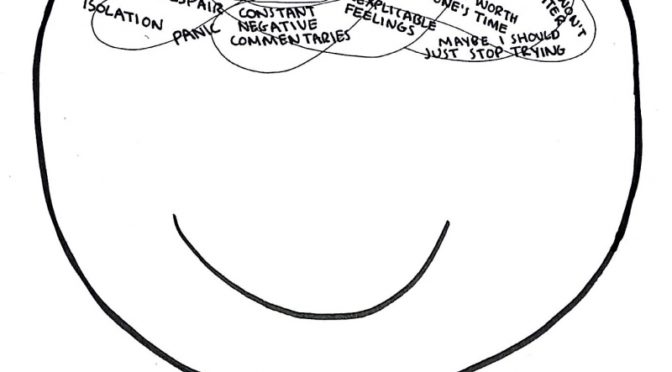How to Create a Self Care Plan
Posted by Collaborative Counseling

Self-care isn’t a luxury; it’s a necessity. It’s about taking the time to nurture your physical, mental, and emotional well-being. A self-care plan can help you prioritize your needs and create a routine that supports your overall health. Here’s a step-by-step guide to crafting your own personalized self-care plan:
1. Identify Your Needs: Start by reflecting on your current lifestyle. What areas of your life feel neglected? Are you physically tired, mentally drained, or emotionally overwhelmed? Pinpoint the specific areas where you need more attention, whether it’s physical health, mental health, or emotional well-being.
2. Set Realistic Goals: Once you’ve identified your needs, set realistic goals for self-care. Don’t overwhelm yourself with too many commitments. Start with small, achievable goals and gradually increase them as you build momentum. For example, if you’re aiming to improve your physical health, start with a 30-minute walk each day.
3. Create a Self-Care Routine: Develop a daily or weekly routine that incorporates self-care activities. This might include:
- Physical Self-Care: Exercise regularly, eat nutritious foods, get enough sleep, and practice relaxation techniques like yoga or meditation.
- Mental Self-Care: Engage in activities that stimulate your mind, such as reading, learning a new skill, or playing a board game.
- Emotional Self-Care: Spend time with loved ones, practice gratitude journaling, or seek therapy if needed.
4. Prioritize Self-Care: Treat self-care as a non-negotiable part of your day. Schedule time for it, just as you would any other important appointment.
5. Be Flexible: Life can be unpredictable, so be flexible with your self-care plan. Don’t get discouraged if you miss a day or two. Simply pick up where you left off and continue to prioritize your well-being.
Remember, self-care is a journey, not a destination. By creating a personalized self-care plan, you can invest in your overall health and happiness.
Read More
 View Our Locations
View Our Locations Request Appointment
Request Appointment





